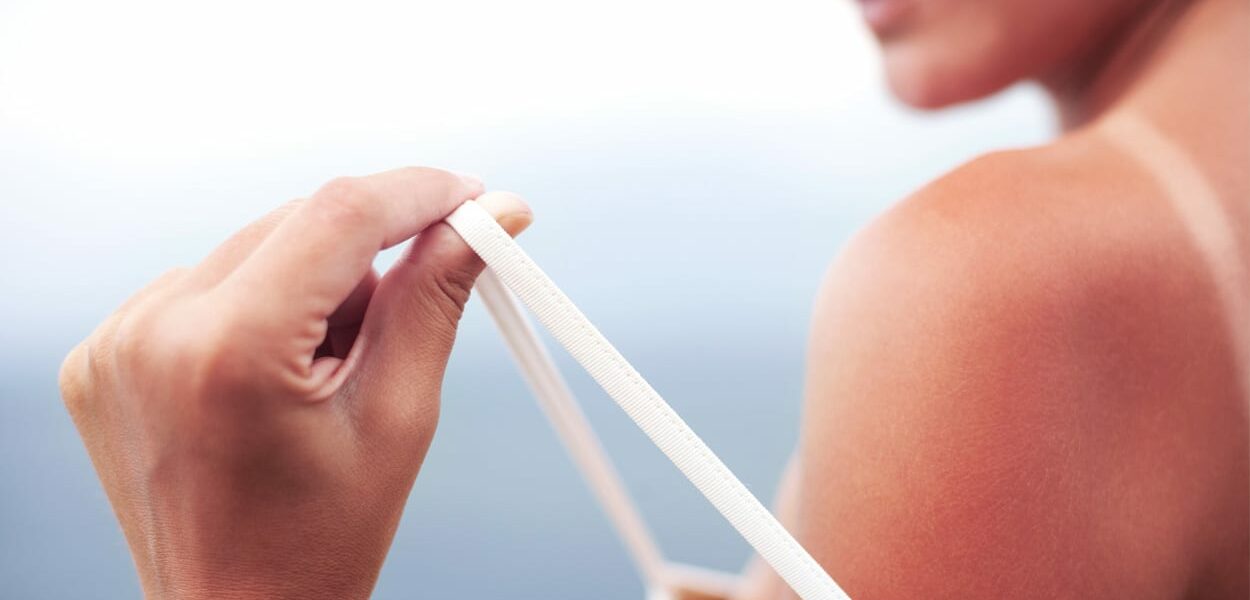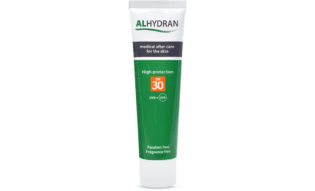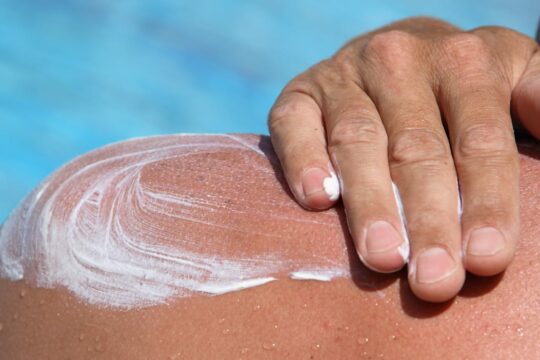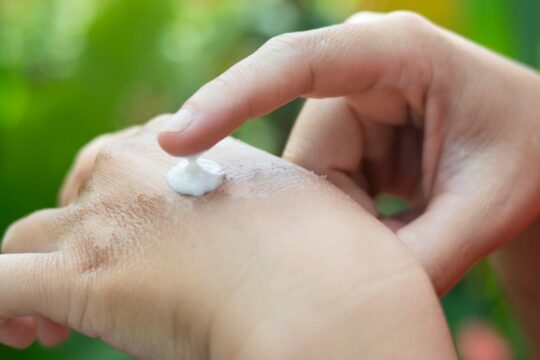Understanding SPF factors
SPF factor 30 … factor 50 … 50+ … there is a lot to choose from when you are looking for a suntan cream. But what does the abbreviation SPF actually mean? Many people do not know, or in any event do not clearly understand. Here, in a nutshell, is what you must know about the protection offered by suntan creams:
- Sunlight consists of UVA and UVB rays
- Only UVB rays can tan or burn you
- The SPF factor is only about protection from UVB rays
- But: UVA rays are also harmful and can also cause skin cancer
Most suntan creams protect against both forms of radiation. You can check this yourself: protection against UVA is separately mentioned on the packaging, in addition to the SPF factor. The way UVA protection is indicated on packaging differs by brand. It is often much less clear than the SPF marking.
There is international demand for clearer labelling and for a standard indication for UVA protection, as so few people know the difference between UVA and UVB and also do not know exactly what SPF means.
The difference between UVB and UVA
UVA radiation is always present: it penetrates clouds, glass and your outer skin layer. UVA radiation cannot tan or burn you. But UVA does result in the most so-called ‘free radicals’, which can cause ageing (for example wrinkles), sun allergy, pigmentation spots and skin cancer.
UVB radiation does tan and can burn you, but does not penetrate clouds or glass. UVB can penetrate your outer skin layer however. And, just like UVA, UVB can cause allergic responses and skin cancer.
In short: it is extremely important that your suntan cream protects you against both UVA and UVB radiation!
UV radiation and scars
Always take precautions against UV rays. This is doubly important if you have a scar. Your recently healed skin is extra-vulnerable. Too much sun results in permanent discolouration of your skin. Does your scarred skin get burned? This means the chance of damage is even greater.
So keep your scar out of the sun as much as possible! This is, of course, not always possible and certainly not when it comes to your face. Which is why ALHYDRAN scar cream now also protects against both UVA and UVB radiation.
ALHYDRAN with SPF factor 30
ALHYDRAN is a scar cream with scientifically proven effectiveness. It prevents scar formation, can fade existing scars and can even render scars almost invisible.
ALHYDRAN with SPF factor 30 now also protects against UVB and, to a great extent, against UVA rays. So you have fewer concerns when you cannot completely avoid exposing your scar to sunlight. These benefits are unique to ALHYDRAN scar cream.
Always observe the general guidelines on exposure to sunlight: stay in the shade as much as possible; stay out of the sun between 12.00 and 15.00, when radiation is at its strongest; apply sunscreen 15 to 30 minutes before exposure to sunlight – and, in particular, apply sun cream several times a day!



